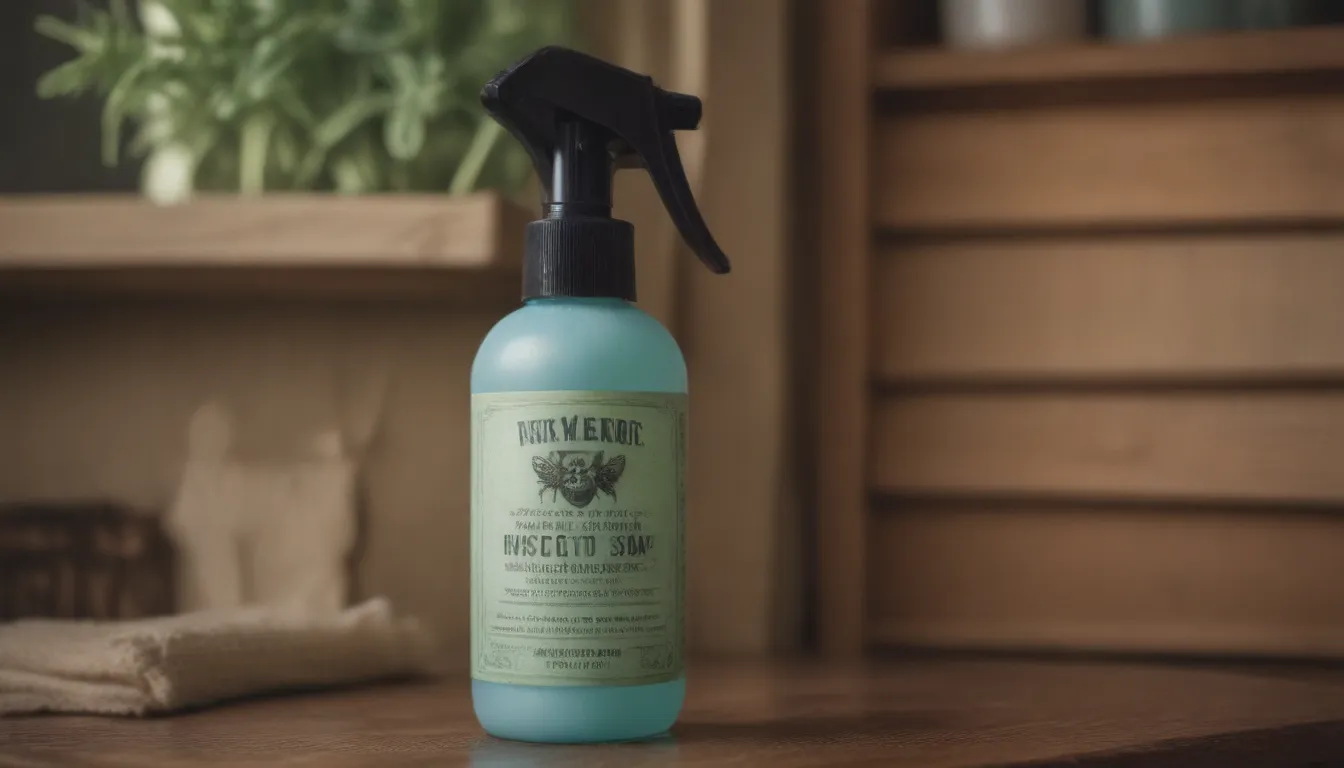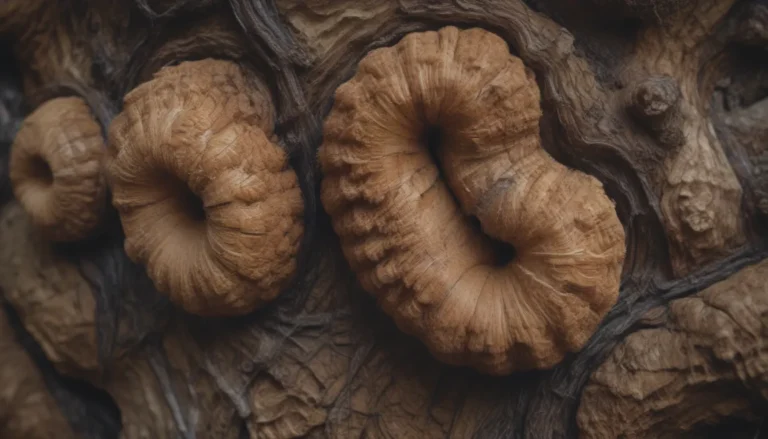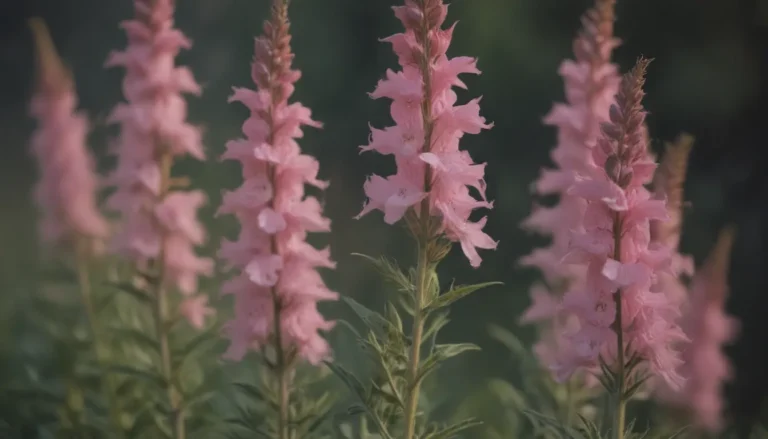The Power of Insecticidal Soap: A Comprehensive Guide to DIY Solutions and Strategies for Pest Control

Are you tired of battling pesky insects that keep invading your beloved plants? Look no further than insecticidal soap, a powerful yet gentle solution to help you reclaim your garden. Insecticidal soap is a simple mixture of water and potassium salts of fatty acids that effectively targets soft-bodied insects like mealybugs and aphids. It’s a safe and natural alternative to harsh chemicals, making it ideal for eco-conscious gardeners.
The Evolution of Insecticidal Soaps
Insecticidal soap sprays have been around for centuries, with gardeners using homemade remedies to combat insect infestations. In the past, concoctions like boiling water with Fels-Naptha soap were popular choices for creating effective insecticides. However, these old-fashioned methods fell out of favor as stronger, more toxic chemicals took center stage in pest control.
Fast forward to the present day, and insecticidal soap sprays are experiencing a resurgence in popularity. With a growing interest in organic and chemical-free gardening practices, many gardeners are turning to these gentle yet effective solutions to protect their plants. While there are commercial insecticidal soap products available, making your own DIY spray can be a cost-effective and rewarding option.
How Insecticidal Soaps Work
Insecticidal soaps work by targeting insects through multiple mechanisms. When sprayed on pests, the soap penetrates their cuticles, causing cell collapse and dehydration. This process effectively breaks down the insects’ exoskeleton, leading to their demise. Additionally, soap sprays suffocate insects like scale, further contributing to their eradication.
Using Soap Sprays Safely
While insecticidal soap sprays are less harmful to gardeners and non-target animals, they can still pose a risk to certain plant species. Before applying any spray to your plants, conduct a patch test on a small area and monitor it for at least 24 hours. Look out for signs of damage such as spotting, wrinkling, or browning on leaves. If any negative effects occur, discontinue use immediately.
Plants that are sensitive to soap sprays include beans, cucumbers, ferns, gardenias, and peas. When making your own DIY insecticidal soap spray, be mindful of the ingredients you use. Opt for pure liquid castile soap without any added fragrances or moisturizers. Avoid using dishwashing detergents, as they can harm plants due to the lack of fatty acids.
Warning
There is conflicting information regarding the use of liquid dish detergents in DIY insecticidal soaps. These products are designed to strip grease and oil, which may harm beneficial pests and overly dry out plants. Exercise caution when selecting ingredients for your homemade spray.
Crafting Your Own DIY Insecticidal Soap
Making your own insecticidal soap spray is a straightforward process that can be customized to suit your preferences. Whether you choose to include oil for enhanced effectiveness or stick to a basic formula, the key is to use quality ingredients and follow the recipe carefully. Here’s how you can make your own DIY insecticidal soap spray:
Soap Spray Without Oil
- Mix 1 tablespoon of pure liquid castile soap with 1 quart of water in a spray bottle.
- Shake well to ensure the soap is thoroughly incorporated.
- Spray the solution directly onto affected plants, covering both the tops and bottoms of leaves.
Soap Spray With Oil
- In a separate container, combine 1 tablespoon of pure liquid castile soap, 1 tablespoon of vegetable oil, and 1 quart of water.
- Stir the mixture until the ingredients are well blended.
- Transfer the solution to a spray bottle and apply it to infested plants as needed.
Tip
To enhance the effectiveness of your soap spray, consider adding additives like bacillus thuringiensis (BT), copper fungicide, or pyrethrin to address specific pest issues.
Targeting Common Garden Pests with Insecticidal Soap
Insecticidal soap sprays are effective against a variety of soft-bodied insects, including:
- Aphids
- Mealybugs
- Scale
- Thrips
- Spider mites
However, it’s important to note that soap sprays may not be effective against chewing insects such as caterpillars and beetles. For comprehensive pest control, consider integrating soap sprays with other management strategies tailored to the specific pests in your garden.
In conclusion, insecticidal soap is a versatile and eco-friendly solution for managing insect infestations in your garden. By understanding how soap sprays work, using them safely, and crafting your own DIY formulations, you can effectively protect your plants while minimizing harm to the environment. Embrace the power of insecticidal soap and watch your garden thrive in a natural and sustainable way.
Sources:
– Insecticidal Soaps. University of Connecticut.
– Managing Plant Pests With Soaps. University of Florida IFAS Extension.
– Soap Sprays as Insecticides. Agriculture and Natural Resources, University of California.
– Chiggers. Entomology at the University of Kentucky.





